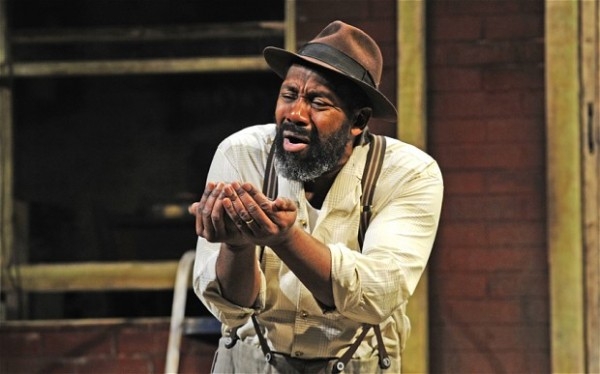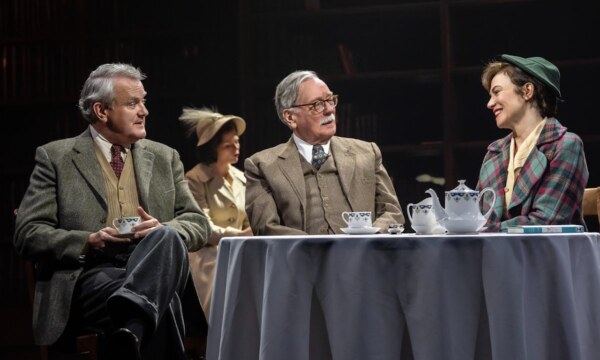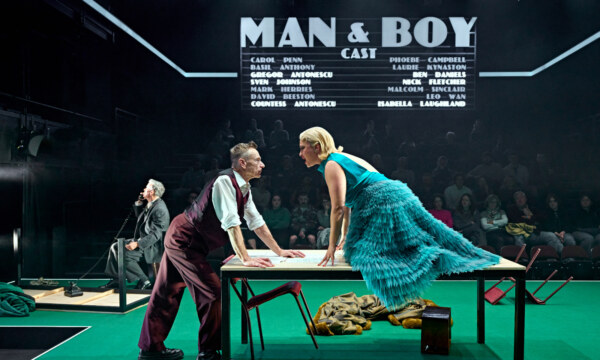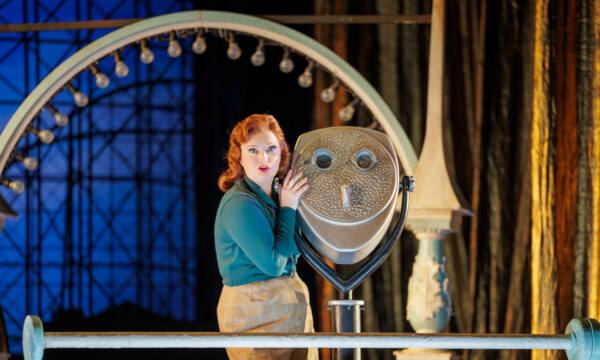Fences at the Duchess Theatre

August Wilson cemented his reputation as one of America’s truly great dramatists with his Pittsburgh Cycle, a group of ten plays charting the African-American experience in every decade of the 20th century. Fences, the 50s slice of Wilson’s African-American pie, proved to be one of the most lauded, scooping Wilson the Pulitzer Prize for drama in 1987.
Set in the front yard of the Maxson family, the action centres on Troy, a refuse collector, ex-con and former baseball talent who never got to live out his professional dreams. Troy is a teller of tall tales, sitting on his front porch every Friday and talking to whoever will listen; but littered among the lies is the story of a talented man sold short by the white dominated world he was born into. Fearing the same fate is about to befall his equally baseball-crazed son Corey, Troy tries to steer him in a different direction, and it is this push-me-pull-you generational tension that the action revolves around.
While for his two sons times are definitely changing, Troy spends much of the play’s near three-hour running time constructing a heavily metaphoric fence to keep the world out and his family in. On stage for nearly every scene, and with a daunting amount of dialogue to get through, Lenny Henry proves himself once and for all as a serious actor. Not only does he command the stage, but he makes it all look so natural. Indeed, it is a part well-suited to Henry’s physicality and easy charisma. It is in the play’s darker and quieter moments that he really excels however, bringing a deep gravitas to the fore as he shows us the conflict at the heart of Troy.
Despite Henry’s excellent performance with strong support from Tanya Moodie as his wife Rosie and Colin McFarlane as his oldest friend Bono, the play as a whole lacks a certain spark. Partly due to unadventurous direction from Paulette Randall, and partly due to problems with the script itself (Wilson has a tendency to push his metaphors too hard, and somewhat repetitively), the action can at times feel rather deflated. Nonetheless, it is a gripping story on a grand American scale, and its exploration of what responsibility means to different generations perfectly defines the rapidly shifting moral focus of 1950s America.
Nichola Daunton
Fences is at the Duchess Theatre until 14th September 2013. For further information or to book visit the theatre’s website here.

























Facebook
Twitter
Instagram
YouTube
RSS